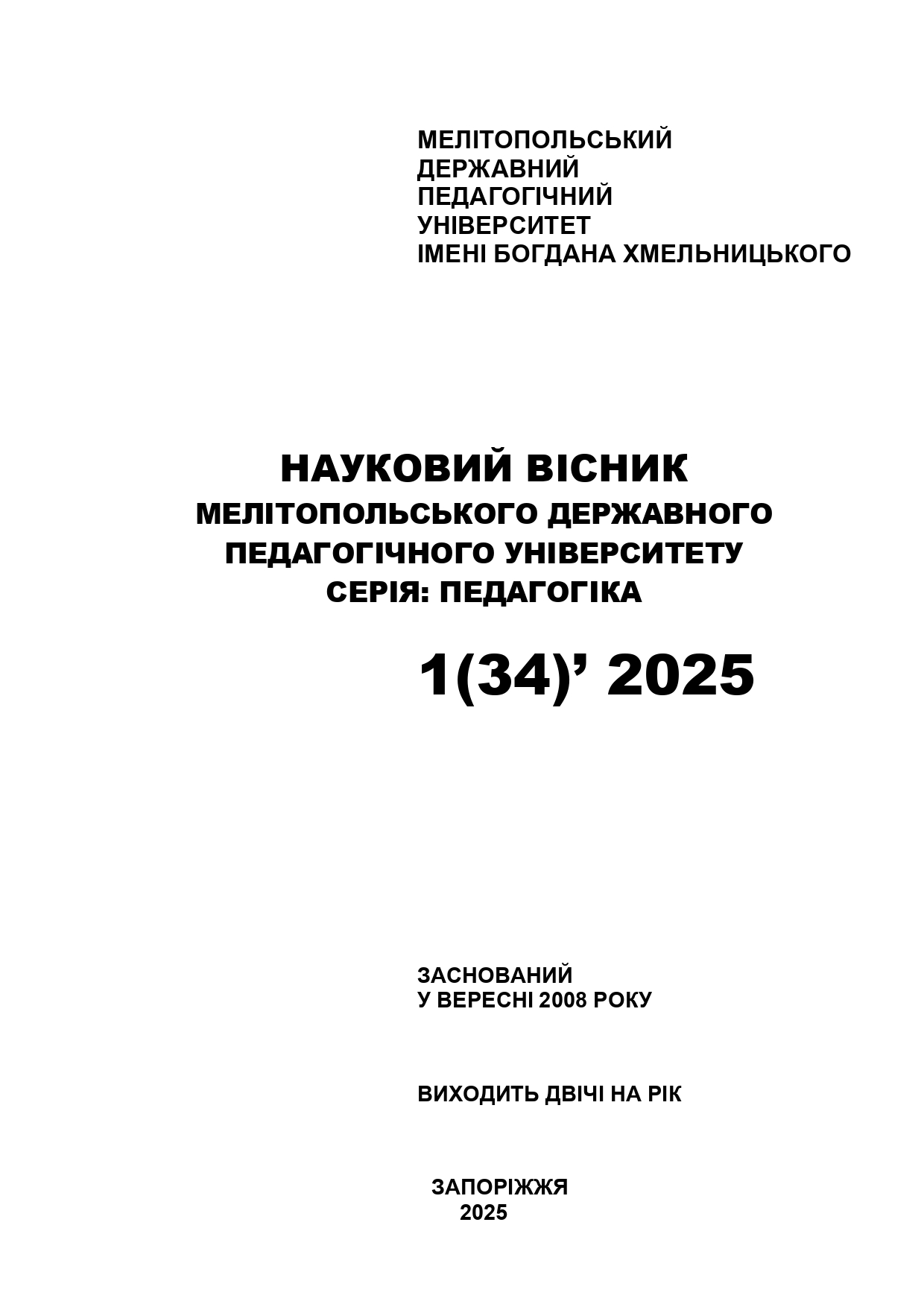Foreign experience in the problem of developing information and digital competence of future IT specialists through project-based learning methods
Abstract
The purpose of the article is to analyze foreign educational
practices in the USA, Canada, Europe, and Asia, where project
based learning methods are used to train IT specialists, as well
as to identify the best educational models and approaches that
can be adapted to the national educational system to increase the
competitiveness of graduates. Research methods and
methodology are based on comparative analysis, which allows to
research and compare the main educational models in leading
countries, as well as the analysis of scientific articles and
publications that highlight the features and results of the
application of project methods in the training of IT specialists.
Qualitative
analysis
approaches were used, including
consideration of such aspects as the integration of students into
real projects, cooperation with companies to create partnership
programs, the development of interdisciplinary competencies and
the use of modern digital tools for project management (GitHub,
Jira, Slack, etc.). The results of the study show that the foreign
experience of forming information and digital competence among
IT students confirms the effectiveness of project-based learning.
In particular, the implementation of practice-oriented projects that
meet real business needs helps students apply theoretical
knowledge in practice, develop critical thinking and problem
solving abilities. Integration with industry through internships and
cooperation with IT companies allows students to gain direct
experience in a professional environment, develop team skills
and get to know the corporate culture. Interdisciplinary
approaches, popular in European and Canadian universities,
contribute to the development of flexibility and the ability to work
in a team with representatives of other specialties, which is
important in modern conditions. The findings of the study
emphasize that project-based learning is an effective means of
forming information and digital competence, as it combines the
development of technical skills with "soft" competences such as
communication, leadership and critical thinking. An important
step is the integration of foreign experience into national
educational programs, in particular through the implementation of
partnership programs, the use of digital project management
tools and gamification elements.




